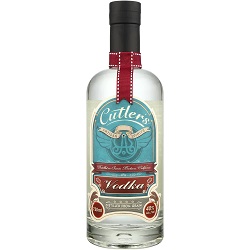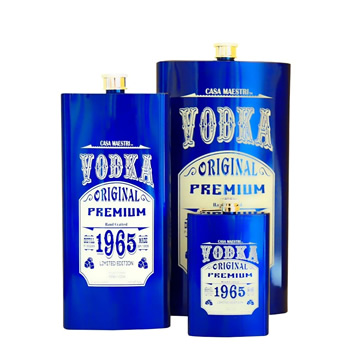History of Vodka:
The history of vodka is well debated as both Poland and Russia lay claim to being the originators of this liquor. In 1405, the world’s first written mention of the drink and the word vodka came from Poland. It wasn’t until 1430 when a monk named Isidore created the first Russian vodka; so I think it’s safe to say that Poland were the originators of vodka!
What is vodka?
Vodka is a clear distilled liquor that is composed primarily of water and ethanol. Traditionally vodka was made by distilling the liquids from grains (corn, rye, wheat or other grains) that have been fermented, but now they are also made with potatoes or fruits.
What makes good vodka?
Vodka is a rectified spirit, meaning that is often distilled at least three times. Some vodkas are distilled 5+ times, and generally the more it is distilled the better the vodka (due to the removal of the impurities). After distillation, vodka can be filtered, often through charcoal. Vodka does not require any aging and it is ready to drink after distillation. Most vodkas are cut with water, and the cleaner the water the better the product. In the United States, vodka must have a minimum alcohol content of 40% while the standard in the EU is 37.5%.
Flavor Profile:
While vodka does lack a distinct taste, most people describe the textures on the tongue or the ‘mouthfeel’. These can range from oily, silky, sweet, clean, watery and medicinal. Once you begin to taste different vodkas you can begin to pick up subtle flavors (usually derived from the grains used). Russian vodkas typically use grains, while Polish vodkas are usually made with potatoes. These subtle hints can be picked up through a vodka tasting.
Top Vodka Reviews
Vodka Reviews
Casa Maestri Vodka 
Cutler’s Vodka 


